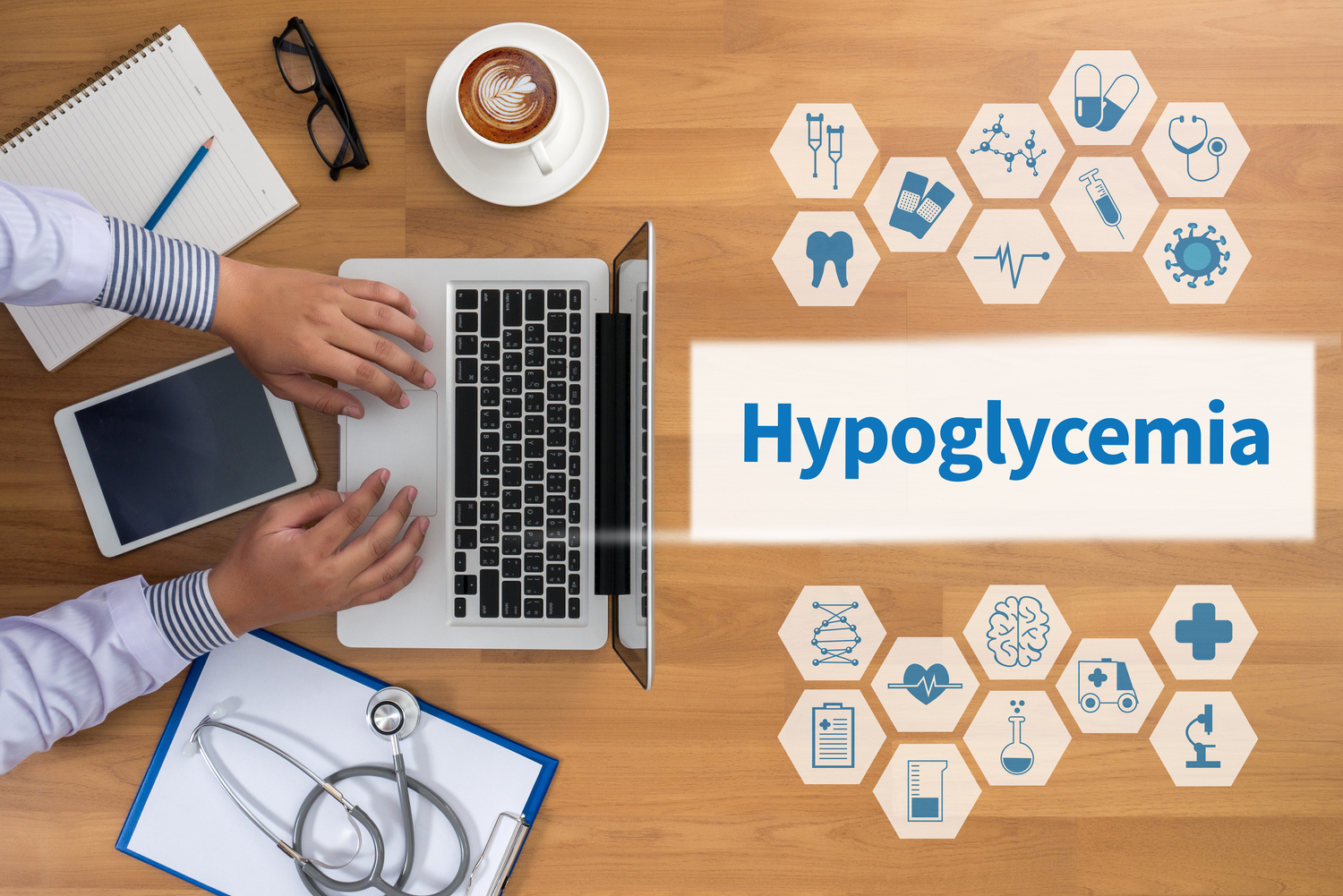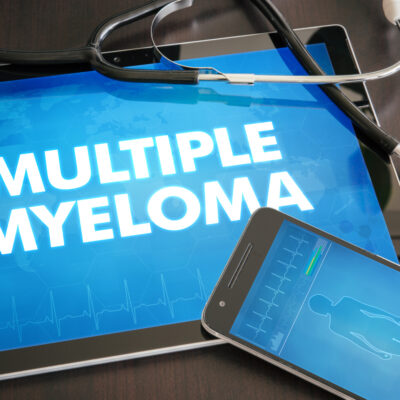
All you need to know about hypoglycemia
The human metabolic system plays a significant role in converting the food we consume into a form that is usable by the body. One such metabolic conversion is the breaking down of carbohydrates into glucose. This glucose flows through the bloodstream, giving us energy, and also aids in the working of every cell. The body produces insulin for the proper absorption and utilization of blood glucose, and when the pancreas produces less than adequate insulin or stops producing insulin entirely, the condition is known as diabetes. Depending on whether it is type 1 diabetes, type 2 diabetes, or insulin resistant diabetes, insulin needs to be administered exogenously. However, it is not always possible to perfectly match the body’s need for insulin with the dosage, owing to the variable nature of one’s daily activities. As a result, diabetics commonly experience bouts of hyperglycemia or high blood glucose, or hypoglycemia or low blood sugar, where blood sugar is less than 70 milligrams per microliter.
Why is hypoglycemia dangerous?
Hypoglycemia must be identified and treated immediately. Otherwise, the dropping levels of blood glucose can cause a person to faint or even go into a diabetic coma in extreme cases. The low blood sugar levels trigger the release of adrenaline into the bloodstream, which, in turn, leads to the common symptoms of hypoglycemia, like hunger pangs, shaking of the body, dizziness, and so on. Hypoglycemia may also cause increased heart rate and palpitation. The danger of this condition lies in not recognizing the symptoms, which is of greater significance in case a drop in the sugar levels occurs when a person is sleeping.
What causes hypoglycemia?
Hypoglycemia can be a result of a number of causes. For example, the insulin dosage could be higher than needed, causing the body to metabolize sugar much faster. Alternatively, going a long time without eating or excessive physical exertion may also cause a drop in the blood glucose levels. Some other causes are liver and kidney disorders that affect the body’s metabolism of glucose.
What is the immediate treatment for a hypoglycemic episode?
The immediate need is to raise blood glucose levels. Normally, doctors recommend immediate consumption of glucose tablets or any sugary drink that rapidly converts to glucose in the bloodstream. Other options could be to consume a spoonful of honey or sugar or to have a tablespoon of raisins.
How can hypoglycemia be prevented from occurring at night?
It is important to have a balanced diet through the day to ensure the stability of blood glucose levels when sleeping at night. Typically, doctors advice having portions, focusing specifically on reducing the intake of simple carbohydrates and increasing the intake of fiber, proteins, and healthy fats. Since each person has a different metabolism, it is important to closely monitor the spikes and lows in blood sugar and tweak the diet accordingly. It is also important to not skip meals when on medication. If one’s physical activity is more, they may need to adjust the intake of food and insulin dosage accordingly.


